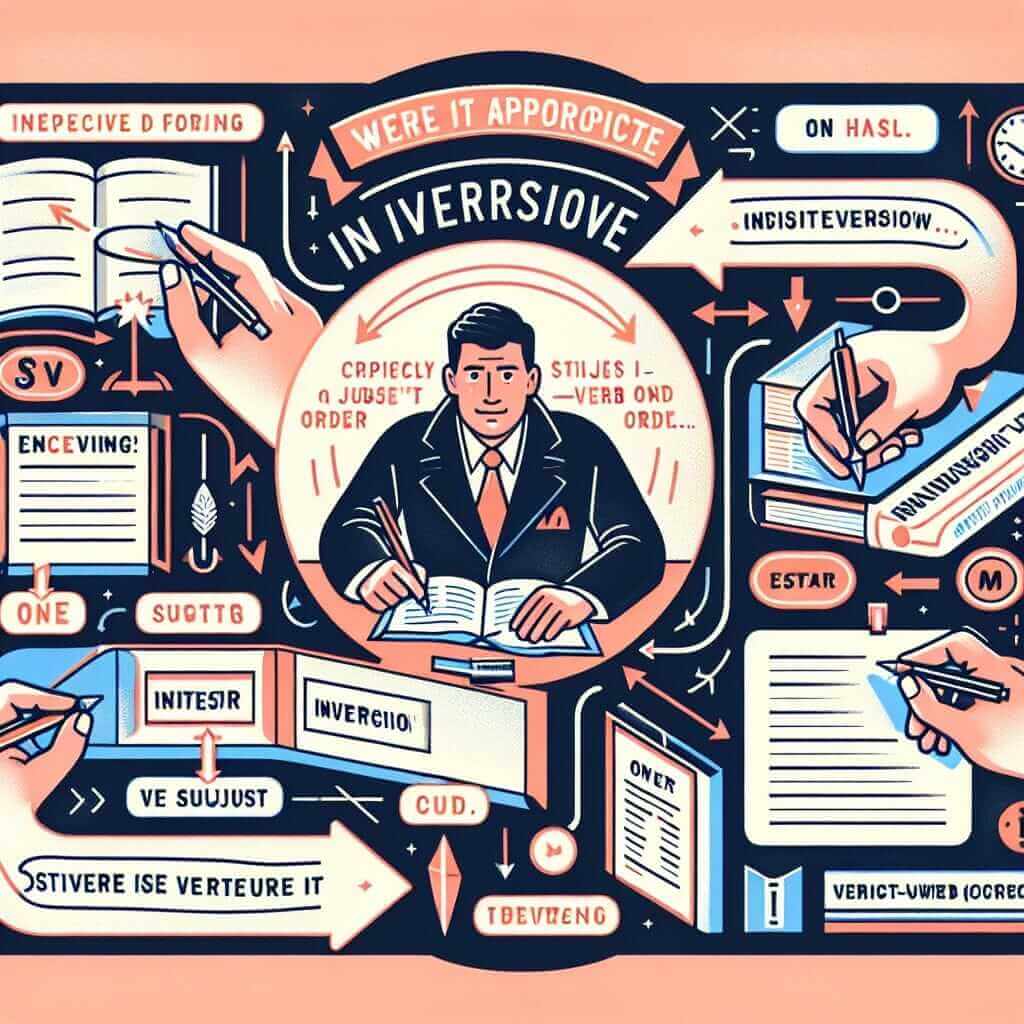Have you ever encountered phrases like “were it appropriate” in English and wondered about their meaning and usage? This article delves into this seemingly complex grammatical structure, equipping you with the knowledge to wield it confidently in your IELTS writing and potentially boost your band score.
Let’s look at a few examples of how this structure appears in IELTS-related contexts:
Speaking Part 3:
- “Were it appropriate, I would suggest investing in renewable energy sources.” (Expressing an opinion)
Writing Task 2:
- “Some argue that space exploration is a waste of resources. However, were it not for such endeavours, we wouldn’t have benefitted from advancements in satellite technology.” (Presenting a counter-argument)
Writing Task 1 (describing a process):
- “Were the temperature to rise above a certain point, the substance would transition from a liquid to a gaseous state.” (Describing a hypothetical condition)
As you can see, this construction adds a layer of formality and sophistication to your language. Now, let’s break down its components and understand how to use it effectively.
Deconstructing “Were it appropriate…”: Understanding Inversion
The phrase “were it appropriate” (and similar structures like “were it not for,” “were I to,” etc.) employs a grammatical concept called inversion.
What is Inversion?
Inversion involves reversing the typical subject-verb order in a sentence. We usually see this in questions (“Are you coming?”), but it can also be used for emphasis or in formal conditional statements, as in our target phrase.
The Mechanics of “Were it appropriate…”
-
“Were” + Subject: Notice how “were” precedes the subject (“it” in “were it appropriate”). This inversion signals a hypothetical situation.
-
Past Subjunctive: Though “were” seems like a past tense verb, it’s actually the past subjunctive form, indicating a condition that is not currently true.
-
Implied Conditional: This construction often implies a conditional statement, even without explicitly using “if.” For instance, “Were it appropriate, I would recommend it” essentially means “If it were appropriate, I would recommend it.”

Mastering the Formula for IELTS Success
Here’s a breakdown of the formula for using this construction:
“Were” + Subject + (adjective/participle/ “to” + base verb) + …, (main clause)
Example:
- Were the government to invest more in public transportation, traffic congestion could be significantly reduced.
Explanation:
- “Were the government to invest…” sets up the hypothetical condition.
- “…traffic congestion could be significantly reduced” is the main clause, stating the potential outcome if the condition were true.
Applying “Were it appropriate…” in IELTS
This structure is particularly valuable for demonstrating grammatical range and accuracy, which are crucial for achieving a high band score.
1. Writing Task 2:
- Presenting Counter-Arguments: “While some may argue that…, were we to disregard… entirely, the consequences could be severe.”
- Discussing Hypothetical Situations: “Were the world to adopt…, issues such as… could be mitigated.”
2. Speaking Part 3:
- Expressing Opinions with Nuance: “Were I in their position, I would consider…”
- Acknowledging Limitations: “Were it not for the time constraints, I would elaborate further on…”
Common Pitfalls to Avoid
- Incorrect Verb Form: Remember to use the base form of the verb after “to” in the conditional clause (e.g., “Were I to go,” not “Were I going“).
- Overuse: While impressive, using this structure too often can sound unnatural. Aim for variety in your language.
Conclusion
Mastering the “were it appropriate…” construction equips you with a powerful tool to enhance your grammatical range and impress examiners. By understanding its mechanics and practicing its application, you can confidently incorporate this sophisticated structure into your IELTS responses. Remember, confident and accurate grammar is a steppingstone to IELTS success!